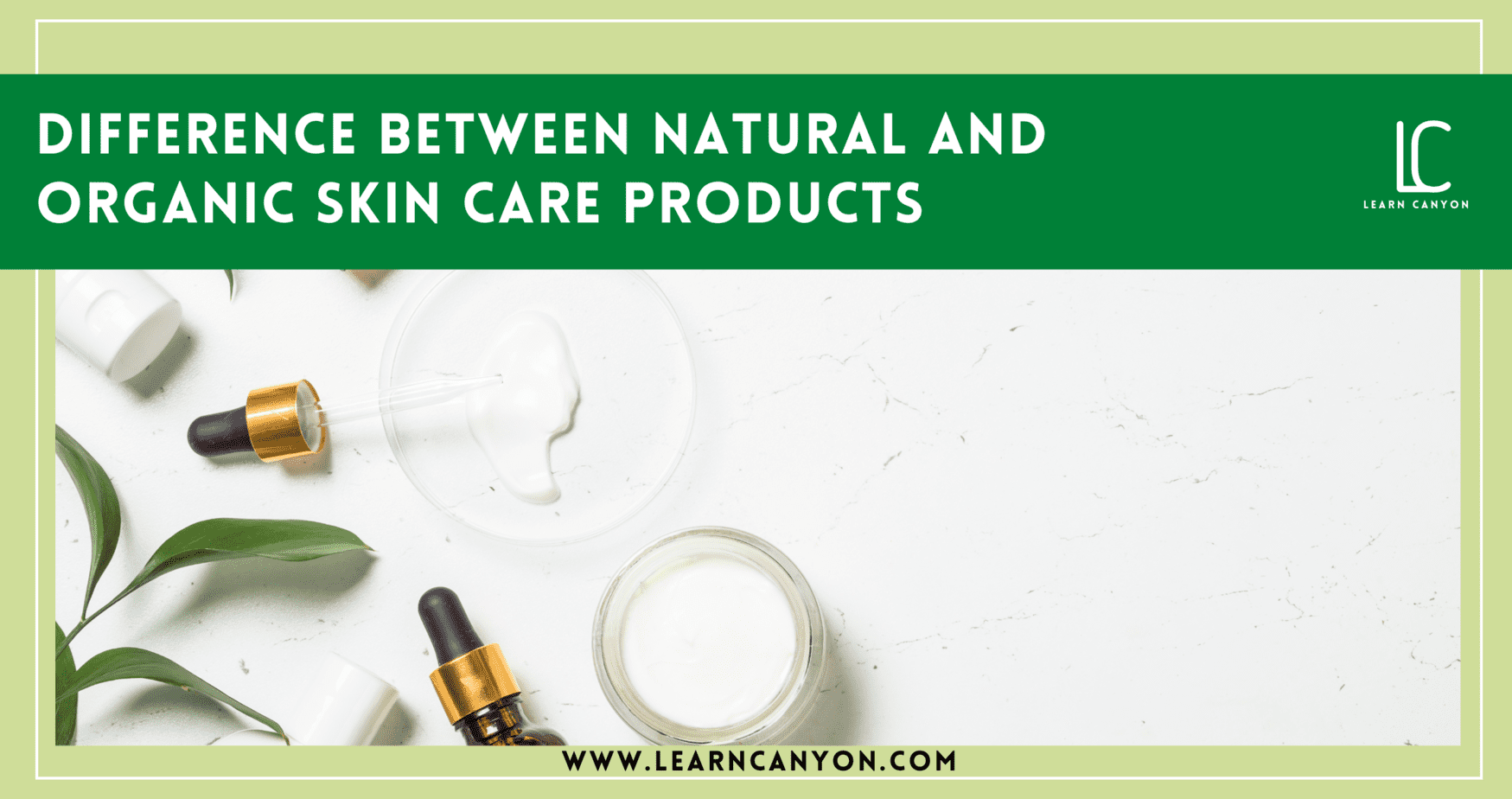
People all over the world are embracing a movement towards living better and improving their quality of life. One significant aspect of this movement is understanding the importance of using skincare products that are good for our skin. However, with the abundance of options available, it can be challenging to distinguish between natural and organic skincare products. In this article, we will explore the difference between the two and help you make informed choices for your skincare routine.
What Does “Natural” Mean?
While terms like “organic” are regulated in various regions, the same cannot be said for “natural.” The lack of regulatory standards in the industry makes it difficult to differentiate between products that are truly natural and those that are not. Simply labeling a product as “natural” does not guarantee its authenticity. To ensure you are using genuinely natural products, look for ingredients derived from plants, flowers, and minerals that are found in nature. Additionally, natural products should not contain harmful substances like parabens or sulfates, should have limited or zero petrochemical ingredients, and should never be tested on animals.
What Does “Organic” Mean?
On the other hand, organic skincare products are strictly regulated. Organic products refer to those made with non-GMO ingredients and grown without the use of synthetic fertilizers, pesticides, or other chemicals. These products typically contain between 95 and 100% chemical-free ingredients, whereas natural products usually contain between 50 and 70% chemical-free ingredients.
Natural vs Organic Skincare: What’s the Difference?
The choice between natural and organic skincare products ultimately depends on your personal preferences and values. However, it’s important to consider the advantages of each. Natural skincare products are made from ingredients derived from nature and are generally safer for the environment. They are also safe for your skin, as they do not contain harmful chemicals. Additionally, natural skincare products are usually not tested on animals, making them a more ethical choice.
On the other hand, organic skincare products adhere to stricter guidelines and are grown without the use of synthetic chemicals. These products are also safer for the environment and your skin. However, it’s important to note that not all natural products are organic, and vice versa. Organic skincare products tend to be more expensive than natural products due to the higher standards they must meet.
FAQs
Q: Is natural skincare better than organic skincare?
A: Natural skincare products and organic skincare products both have their advantages. Natural products are generally safer for the environment and do not contain harmful chemicals. Organic products, on the other hand, adhere to stricter guidelines and are grown without synthetic chemicals. Ultimately, the choice between the two depends on your personal preferences and values.
Q: Are natural and organic skincare products safe for the skin?
A: Yes, natural and organic skincare products are safe for the skin. They do not contain harmful chemicals that can have adverse effects on your health. However, it’s always a good idea to read product labels and research the ingredients to ensure they meet your skincare needs.
Q: Are natural and organic skincare products cruelty-free?
A: Yes, natural and organic skincare products are typically not tested on animals. Choosing these products helps you avoid participating in unethical and harmful practices.
Conclusion
Choosing between natural and organic skincare products can be a personal decision based on your values and preferences. Both options have their advantages, and it’s essential to read product labels and research ingredients to make informed choices. Remember, what matters most is finding skincare products that work well for your skin and align with your values. To learn more about skincare trends and stay up to date with the latest news, visit Instant Global News.
